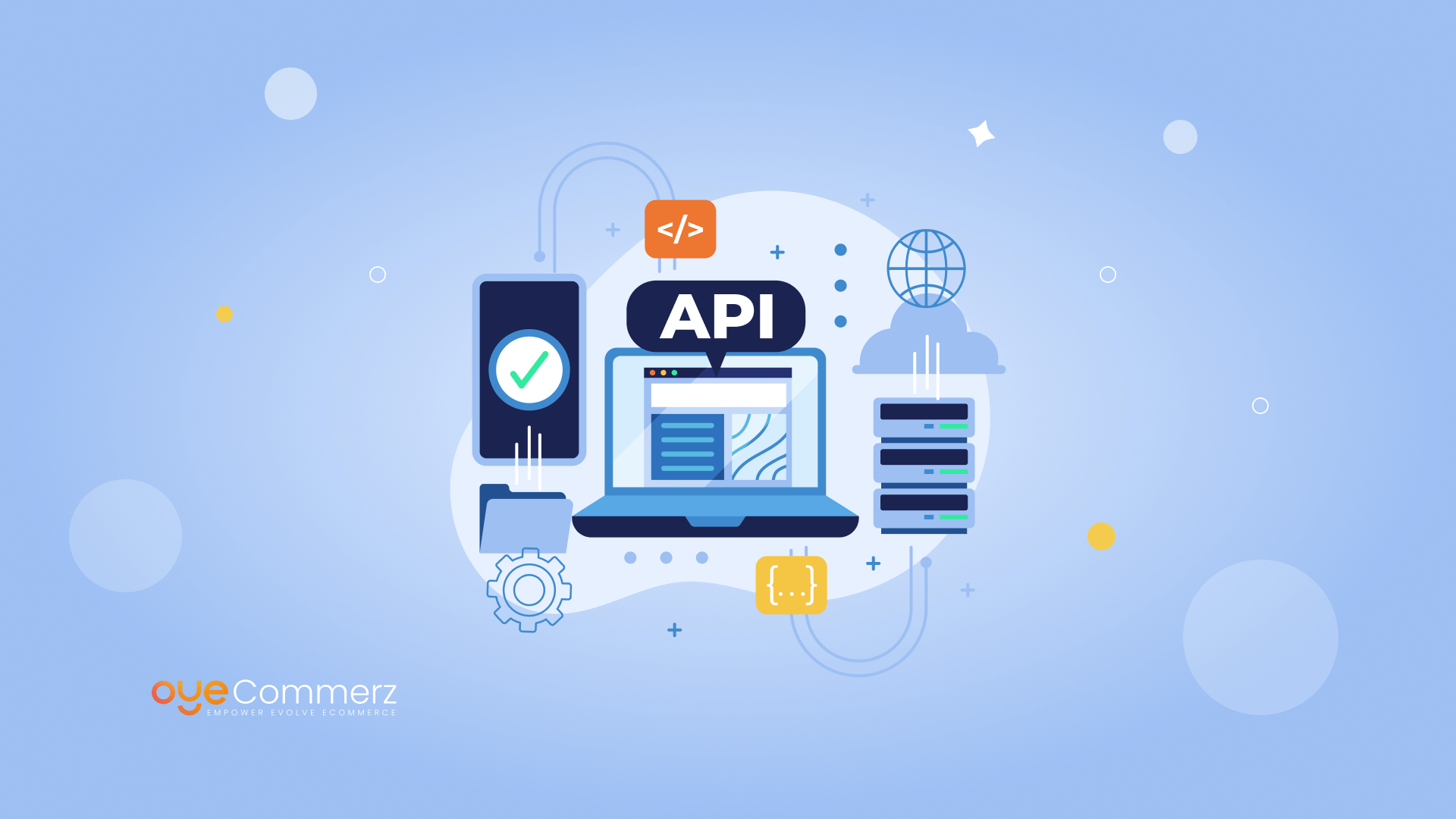Overview
In the current competitive e-commerce environment, standing out is essential, and one of the best ways to set apart a Shopify store is through tailored app creation. A well-built Shopify app can boost store functionality, streamline operations, and elevate customer interaction. This guide delves into key aspects of Shopify app development, covering API integration and app ecosystem to growth techniques and digital marketing approaches, offering a roadmap for companies looking for superior store performance.
The Importance of Shopify API Integration
Shopify’s API provides powerful tools to customize and extend store capabilities. With GraphQL and REST APIs, developers can access data to build applications that manage inventory management, order handling, and customer information management seamlessly. Using Shopify’s API can enable improved workflow automation and allows stores to assist shoppers more effectively.
Utilizing the Polaris Design System
Shopify’s Polaris is Shopify's design system for creating intuitive and accessible Shopify apps. By following Polaris principles, developers ensure that apps seamlessly integrate within the Shopify Admin interface. This provides a cohesive look and feel that appeals to Shopify merchants, promoting usability and comfort for merchants utilizing your custom app.
Understanding the Shopify App Ecosystem
The Shopify app ecosystem provides numerous opportunities for improving online stores. From handling order fulfillment to increasing customer engagement, apps in this ecosystem are designed to meet various business needs. Familiarizing with this system assists developers in identifying unique app opportunities and enables smooth connections of third-party services that add value to the store.
Developing Embedded Shopify Apps
Embedded apps integrate directly within the Shopify Admin, allowing a seamless experience for merchants. They allow merchants don’t have to navigate away from their Shopify dashboard, simplifying their process. Employing Shopify App Bridge and embedded app features is a best practice for providing a cohesive, well-integrated user environment.
Leveraging Node.js and React for Shopify Development
Node.js and React have emerged as ideal tools for Shopify app creation. Node.js enables high-performance server-side applications, while React enables interactive and adaptive front-end user interfaces. Combined, they offer an excellent framework for building fast, growth-ready Shopify apps that improve store functionality and customer engagement.
Webhooks in Shopify Apps
Webhooks allow real-time data synchronization between Shopify and an external app. They trigger events such as order creation or stock changes and provide immediate alerts to your app. By utilizing webhooks, apps can deliver real-time insights for store owners, simplifying processes and increasing efficiency.
Customer Engagement and Digital Marketing for Shopify Apps
To make a Shopify app successful, engaging customers is key. Utilizing digital marketing strategies like SEO, email marketing, and social media campaigns can drive app adoption. Additionally, designing apps with customer engagement in mind (e.g., loyalty programs or personalized recommendations) increases user retention and loyalty.
Scaling Your Shopify App
As e-commerce stores expand, so do their technological needs. Making sure that your app can manage higher usage, larger data sets, and more advanced functionalities API for Shopify stores is critical. By optimizing server resources and using scalable technologies, you can create apps that expand in parallel to a store’s growth.
Important Features and Maintenance Tips for Shopify Apps
For an app to be useful, it should include essential features like user authentication, dashboard analytics, and support channels. Ongoing app upkeep, with updates to fix bugs and compatibility checks with new Shopify features, is vital to maintain uninterrupted performance and avoid interruptions to merchant workflows.
Conclusion
Custom Shopify app development holds vast potential for e-commerce businesses, providing the ability to enhance performance, simplify operations, and build customer relationships. From integrating APIs to ensuring scalability and customer engagement, building a Shopify app requires careful planning and strategic execution. If you’re prepared to elevate your e-commerce experience, a custom Shopify app may be the ideal choice. What features do you envision for your dream application? Share your thoughts and take the first step Shopify development process toward an optimized e-commerce experience!

Comments on “Enhance Your Online Store: Custom Shopify App Development to Boost Performance”